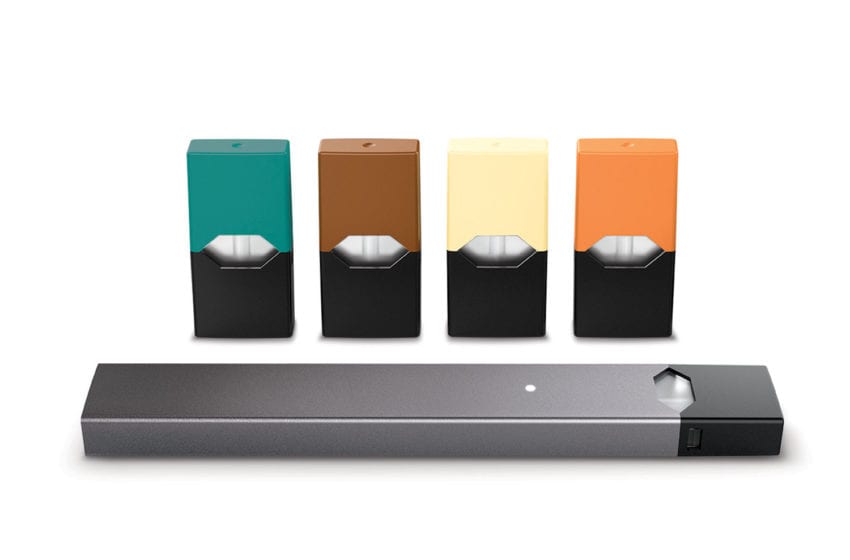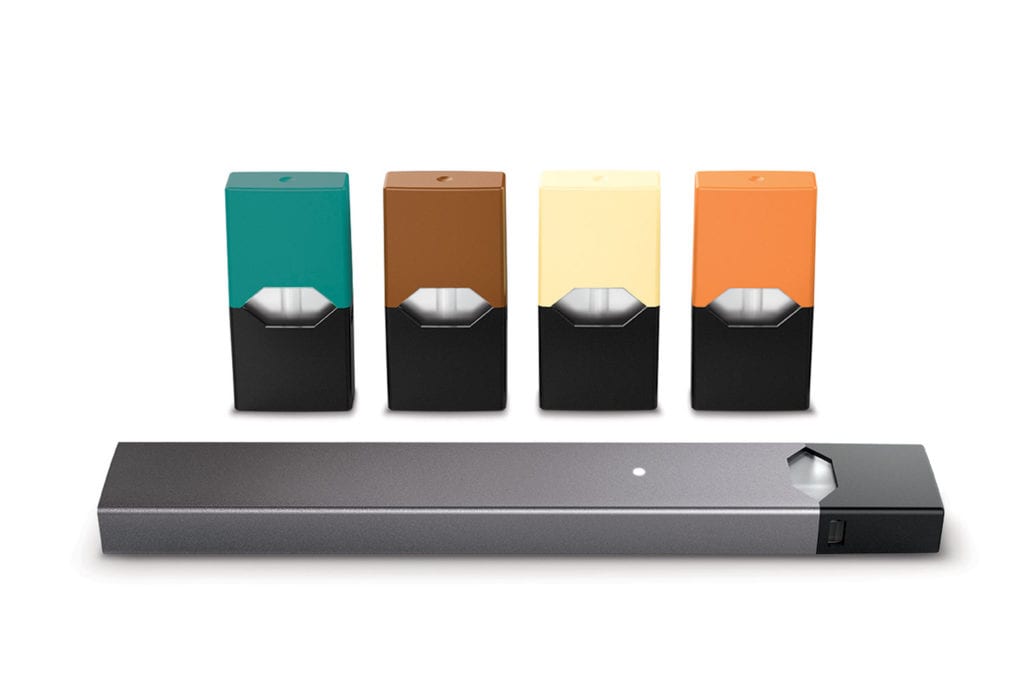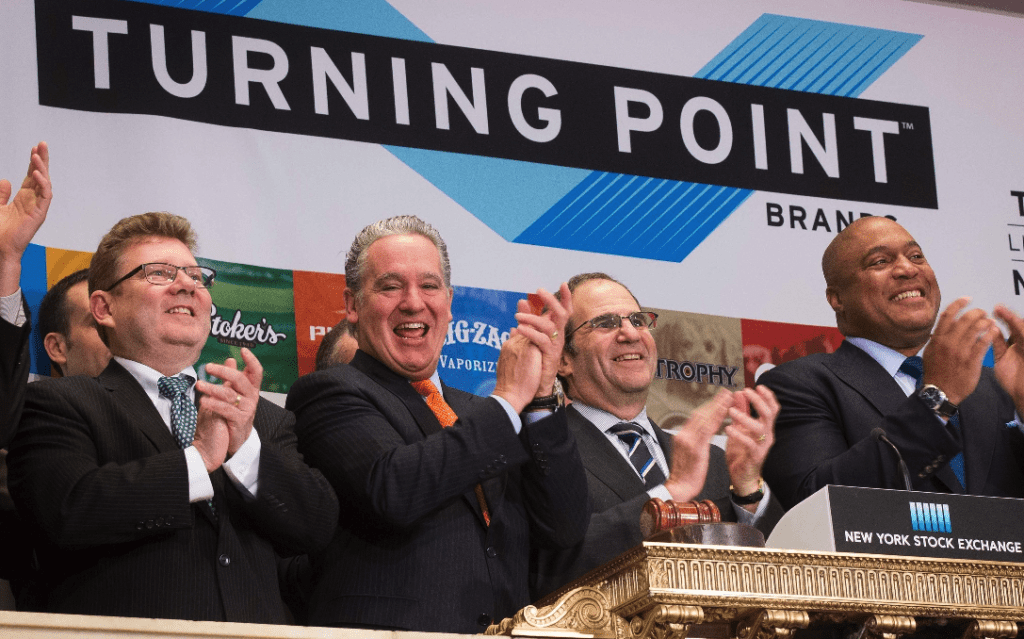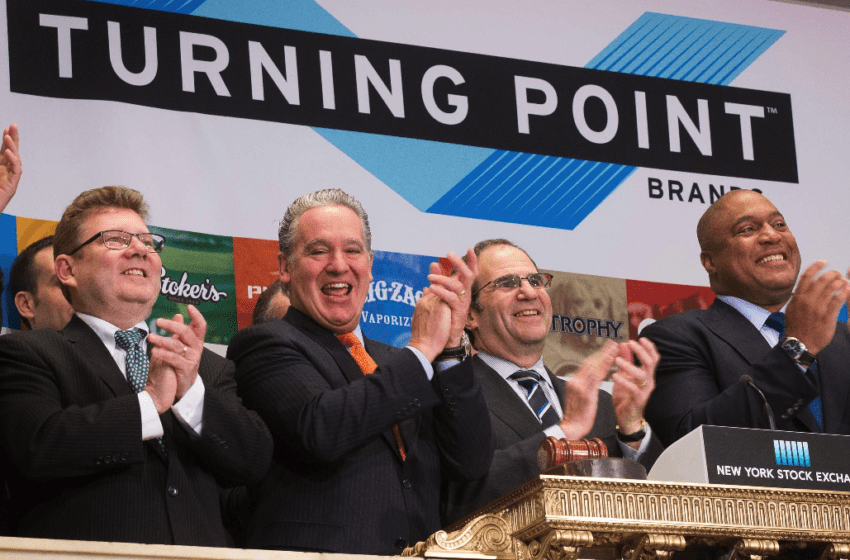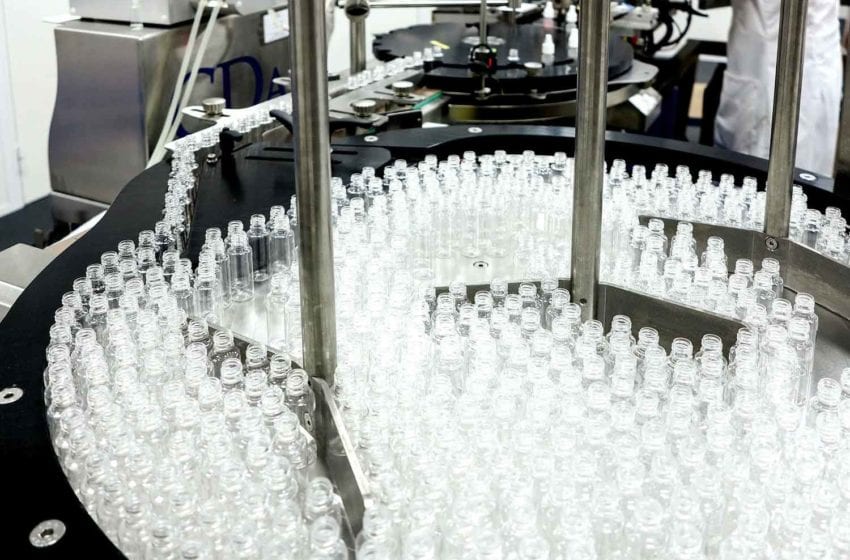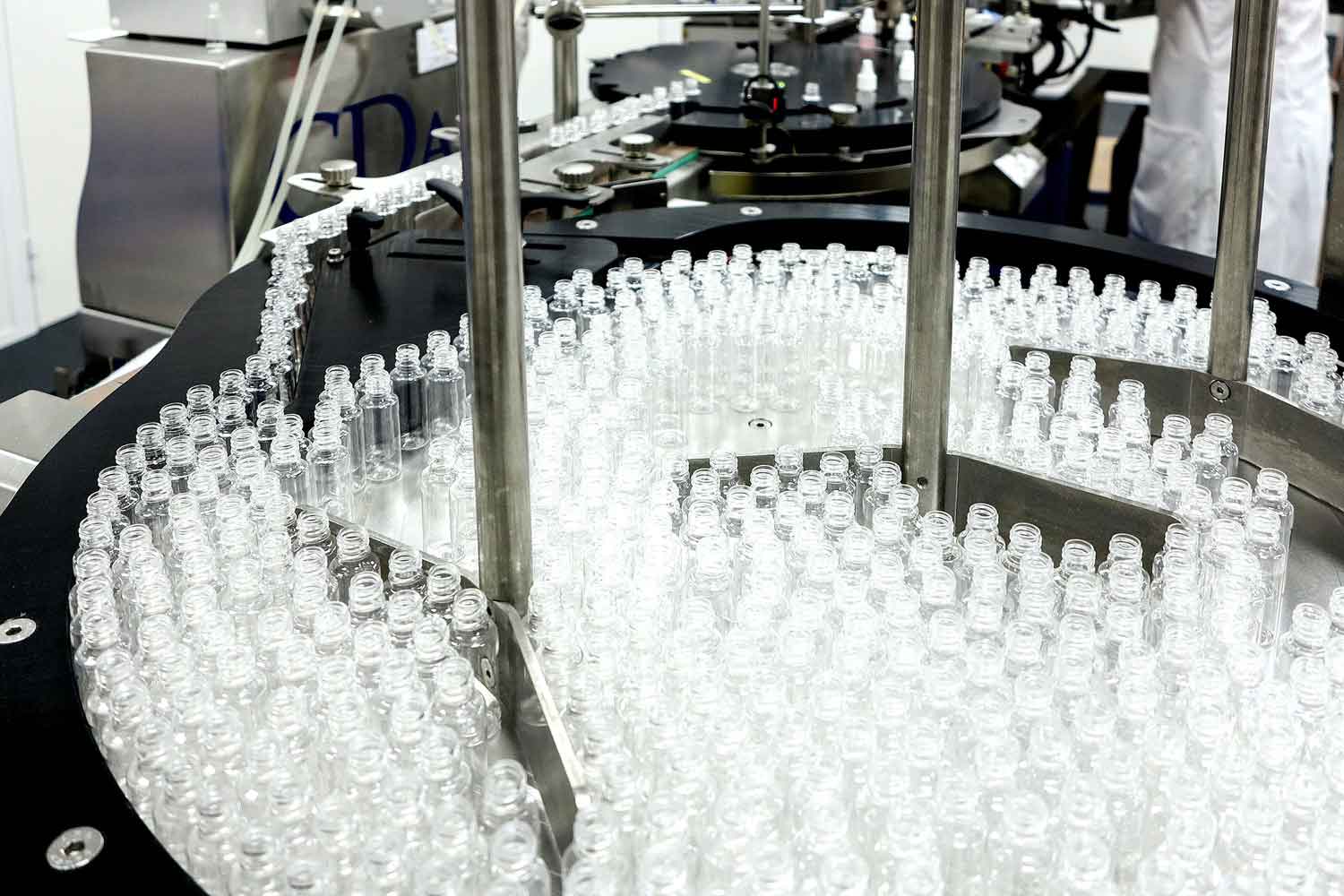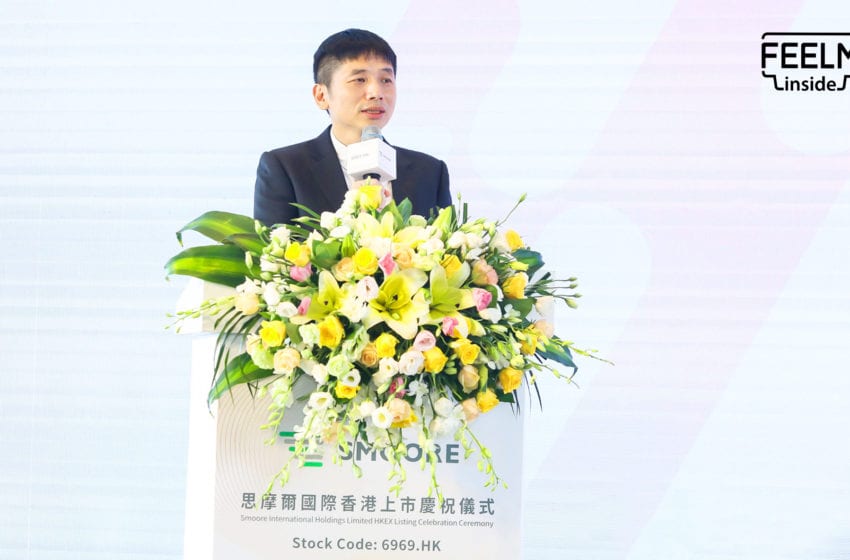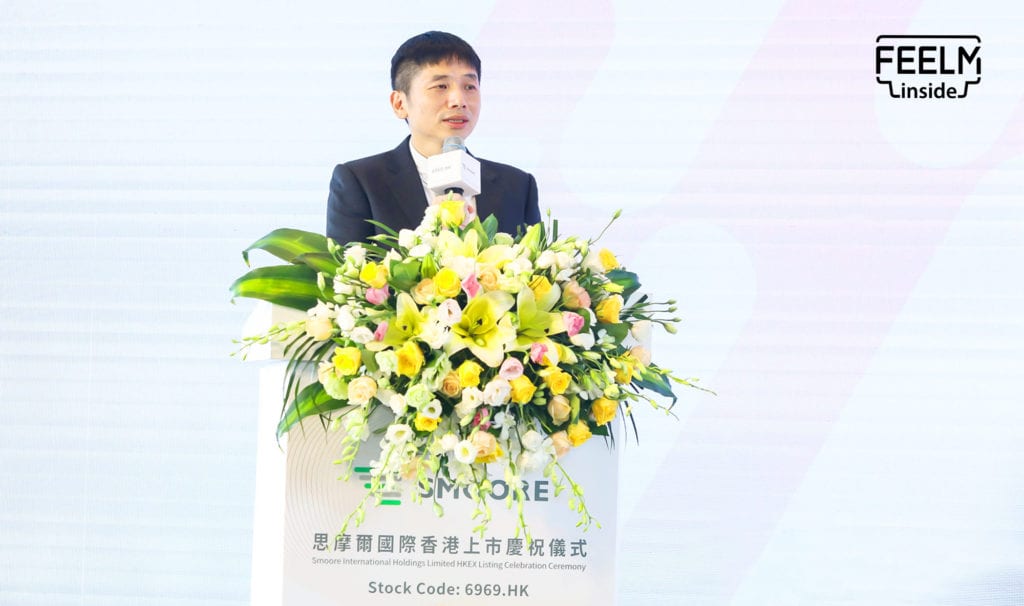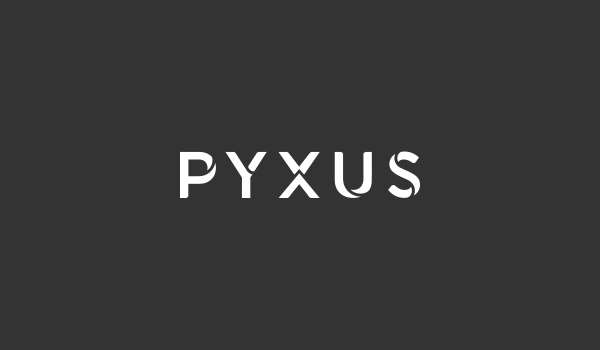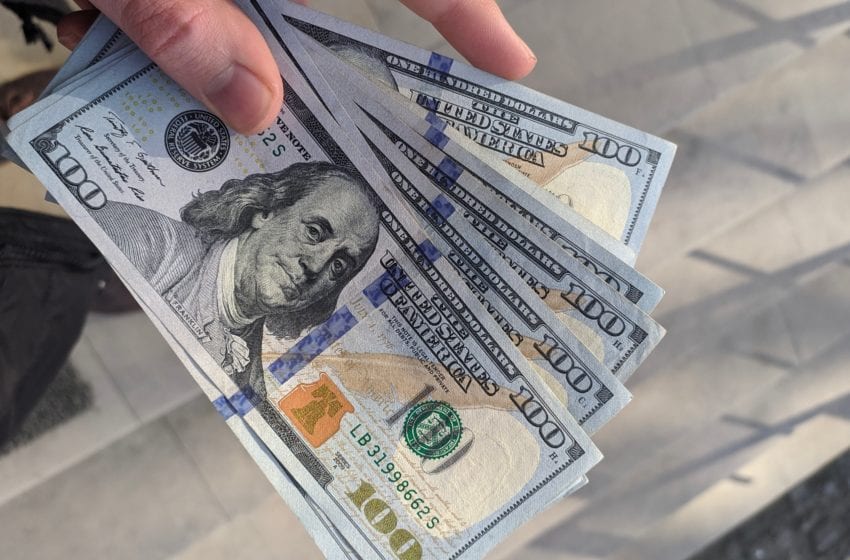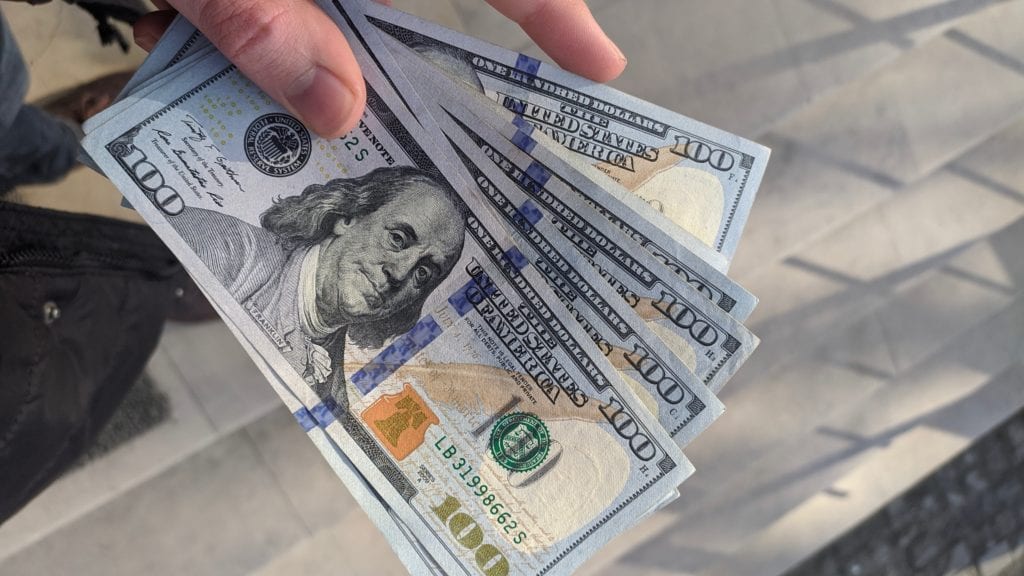Charlie’s Holdings, parent to Charlie’s Chalk Dust (CCD), announced yesterday its financial results for the third quarter ended September 30, 2020. Charlie’s Holdings, a premium, nicotine-only, e-cigarette and the hemp-derived, CBD wellness manufacturer, states that revenue for the three months ended September 30, 2020 was $3,894,000, a decrease of $1,696,000, or 30 percent, compared to $5,590,000 for the three months ended September 30, 2019.
The decrease was due to a $1,181,000 decrease in Charlie’s nicotine-based product sales and a $515,000 decrease in sales of its CBD wellness products, according to a press release.
“Gross profit for the three months ended September 30, 2020 was $2,228,000, a decrease of $837,000, or 27 percent, compared to $3,065,000 for the three months ended September 30, 2019. The resulting gross margin was 57 percent for the three months ended September 30, 2020, compared to 55 percent for the three months ended September 30, 2019,” the release states. “For the three months ended September 30, 2020, cost of goods sold, as a percent of revenue, decreased 200 basis points due to a favorable mix of higher margin sales for both Charlie’s and Don Polly, but was slightly offset by the effects of distributors and retailers participating in volume incentive rebate programs, as well as lower fixed cost absorption.”
On August 31, 2020, CCD announced the filing of its initial premarket tobacco product application (PMTA) submission with the U.S. Food and Drug Administration (FDA). The submission marks the first of these applications that CCD intends to take through FDA’s approval process as it seeks to create a long-term, robust product portfolio, according to the release.
The FDA’s Center for Tobacco Products informed CCD that its PMTA had received a valid submission tracking number, passed the filing review phase, and recently entered the substantive review phase. To date, Charlie’s has invested over $5 million for its initial PMTA submission.
“We have engaged a team of more than 200 professionals, including doctors, scientists, biostatisticians, data analysts, and numerous contract research organizations to create our comprehensive PMTA submission,” the release states. “This news highlights our progress toward achieving full regulatory compliance and our goal of providing customers with a trusted product portfolio. We are confident that during the substantive review phase of the PMTA process, the FDA will recognize that our submission is both distinguished and suitable for approval.”
Brandon Stump, CEO of Charlie’s Holdings, said the company has always been at the forefront of change creating innovative products, helping to shape regulation, and acting as industry stewards.
“Charlie’s has been able to find creative ways to work with our customers and help them to find continued success during these trying times,” he said. “We believe it is incumbent upon us as an industry leader to work with our customers to help shoulder the burden of economic uncertainty. The team at Charlie’s has been diligently working to ensure its customers will have access to high quality, safe products for decades to come. We took the premium, rather than the discounted approach, having already invested $5 million on the highest quality application available to us.”
Operating loss for the three months ended September 30, 2020 was $921,000, a decrease of $269,000, or 23 percent, compared to $1,190,000 for the three months ended September 30, 2019, the release states. Net loss for the three months ended September 30, 2020 was $6,824,000, compared to net income of $1,557,000 for the three months ended September 30, 2019.




